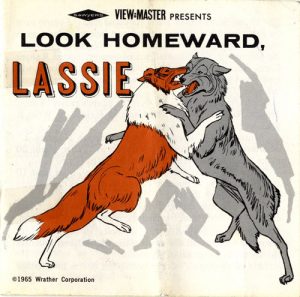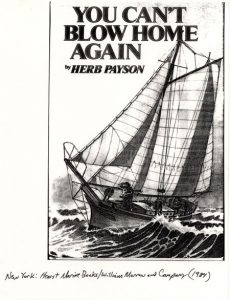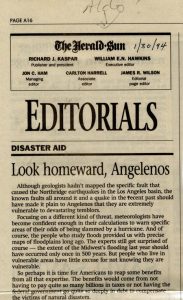On this day in 1929: Maxwell Perkins finishes editing Thomas Wolfe’s “Look Homeward, Angel.” Number of words trimmed: 90,000.
From John Walsh in the Independent of London: “When a novel by the hopeless title ‘O Lost’ was discovered on the Scribner’s unsolicited manuscripts pile, Perkins was told to make something publishable out of it. He made thousands of notes, analysed every scene, suggested cuts and changes but delighted the author by insisting he retain the coarse, vulgar and obscene bits. ‘Look Homeward, Angel’ [as renamed by Perkins] was published and another channel of American writing was opened….”
.





